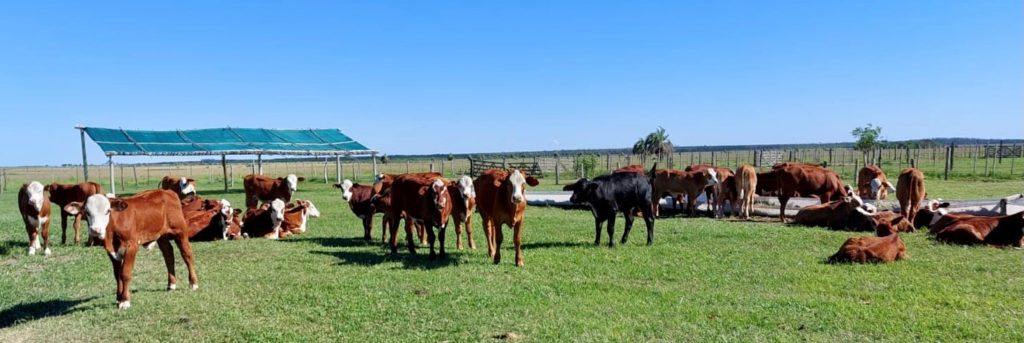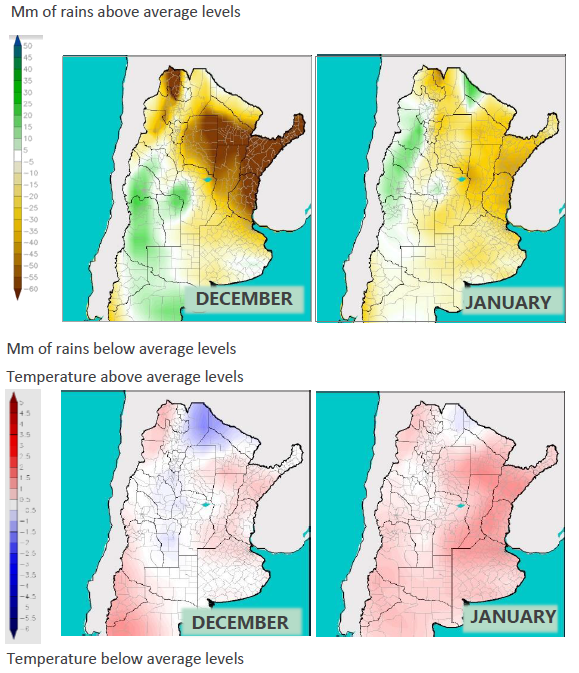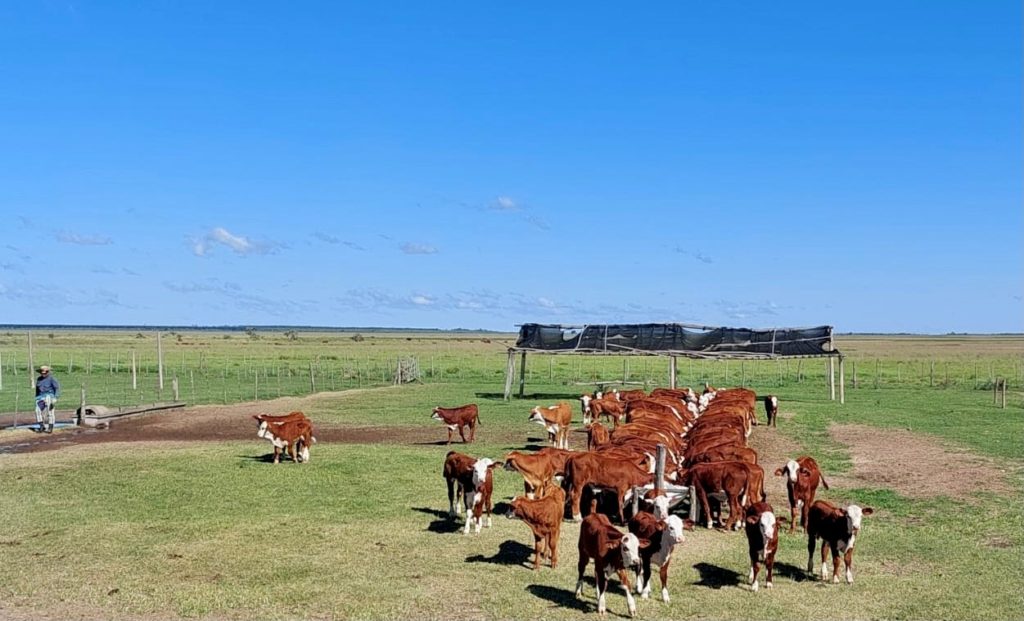Situation/weather: We continue to enjoy some little rains which help for the regrowth of our permanent pastures as well as for the development of the 120 ha recently sowed with setaria. This setaria will be a permanent pasture for grazing and for cut fodder.

For now, the farm is in great shape. However, La Niña is set to wreak havoc during Argentina’s upcoming summer, according to the latest report of the Buenos Aires Grain Exchange; only little rain will fall in January and February across most of the country.

Cattle operation: Our cattle herd (over 6,500 heads currently) is performing very well. We are currently working on the spring service, where between 2,800 and 3,000 cows and heifers are in service. In terms of beef production, 195 tons were produced by end of October (31% of the annual objectives).

For now, no cattle sales are planned. It’s important to mention that the Argentine government has extended beef export restrictions until the end of December. Restrictions will remain in place for 7 cuts of beef to ensure domestic supply.

However, Argentina has lifted bans on exporting beef to China and under the new guidelines, cows which “no longer have reproductive capacity and that are mostly not consumed in the domestic market” can be sold to China. As a result, Argentine beef prices rose by 25% in November. It’s worth to mention that Argentina so as Paraguay or Uruguay are taking benefit here from the Chinese ban on Brazil’s beef. Beef exports from Brazil to China were suspended after 2 cases of “mad cow” were reported, one in Minas Gerais and the other in Matto Grosso.

Argentina’s government is preparing a farm sector roadmap for the next 2 years and hopes to ease conflicts with the sector over caps on meat exports and grains. President Fernández’s government sorely needs farm export dollars to replenish depleted currency reserves and to pay off debt amid talks to delay $45 billion it owes the IMF. Nevertheless, market interventions are not likely to generate confidence and investment in a country that desperately need it.
